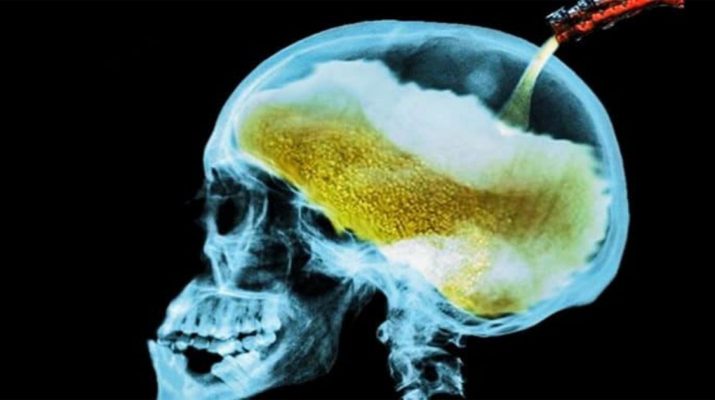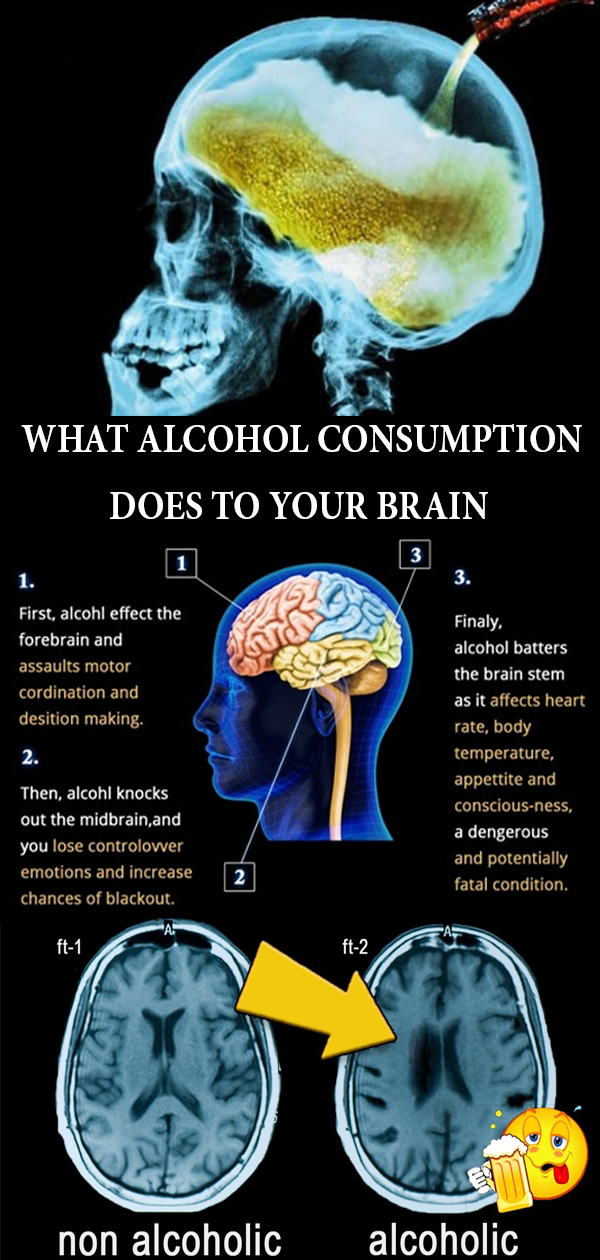Alcohol is a large part of our culture these days, so we go out for a drink with friends or on a date, we drink to celebrate we have a drink with our lunch and dinner, and so on. However, it is a fact that even a small amount of alcohol affects our brain and behavior. Alcohol is a depressant, unlike caffeine, which is a stimulant.
According to Rachel Keck, MS:
“Alcohol affects the brain chemistry by altering the levels of neurotransmitters within the above-mentioned regions.
Neurotransmitters are the chemical messengers within the brain that transmit signals within the central nervous system and extend out throughout the body. The alterations of neurotransmitters within the specific regions cause changes in an individual’s behavior and motor functions. Neurotransmitters are either excitatory and increase electrical activity in the brain or they are inhibitory or decrease electrical activity in the brain. “
Namely, it targets the chemical GABA, the primary neurotransmitter in the brain, and affects our behavior, mood, arousal, and neuropsychological functioning.
While drinking, our blood alcohol content elevates, and the following changes occur:
- Norepinephrine levels rise, which is the chemical responsible for excitement and impulsive behavior
- Reduced activity in the cerebellum, the area in charge of motor control.
- Reduced activity in the temporal cortex, the area of the hippocampus, responsible for forming new memories
- Reduced activity in the prefrontal cortex of your brain, the area responsible for rational thought, decision making, and violence
Therefore, this explains why we feel braver and smarter while drinking, forget portions of the night, and are prone to hurting themselves.
Yet, when we stop drinking, the alcohol content drops, and it has a sedative effect on the brain, making us sleepy.
Also, studies have shown that more religious people become more aggressive when drinking. According to Psychology Today, people tend to lose spirituality over time.
Therefore, drinking is often used to compensate for the spiritual void that makes adults focus on “costly, destructive, short-term goals”, instead of the long-term journey of finding happiness and purpose within themselves.
The truth is that alcohol can cause damage far beyond a headache and brain fog, and its effects on the brain can profound.
Therefore, drinking changes the way we think, act, and feel, so remember to drink within your limits, in order to avoid any unpleasant situations and even serious brain diseases.


